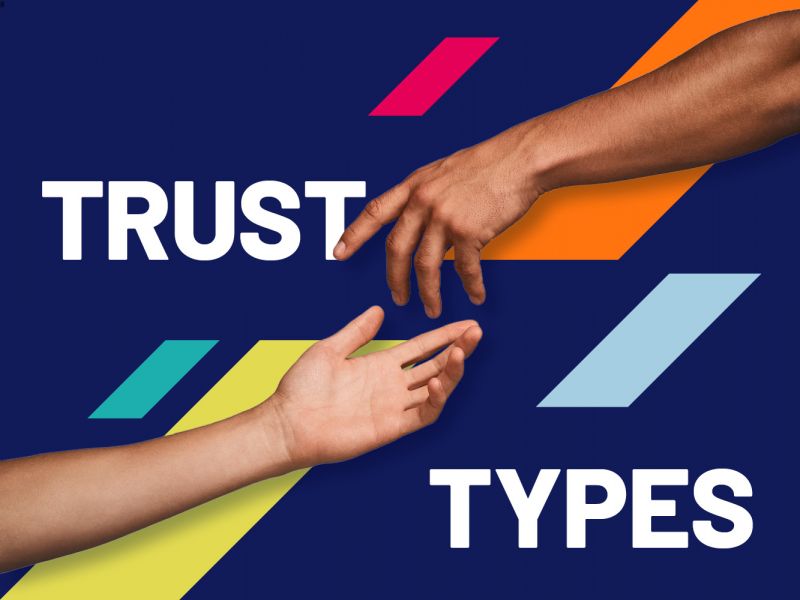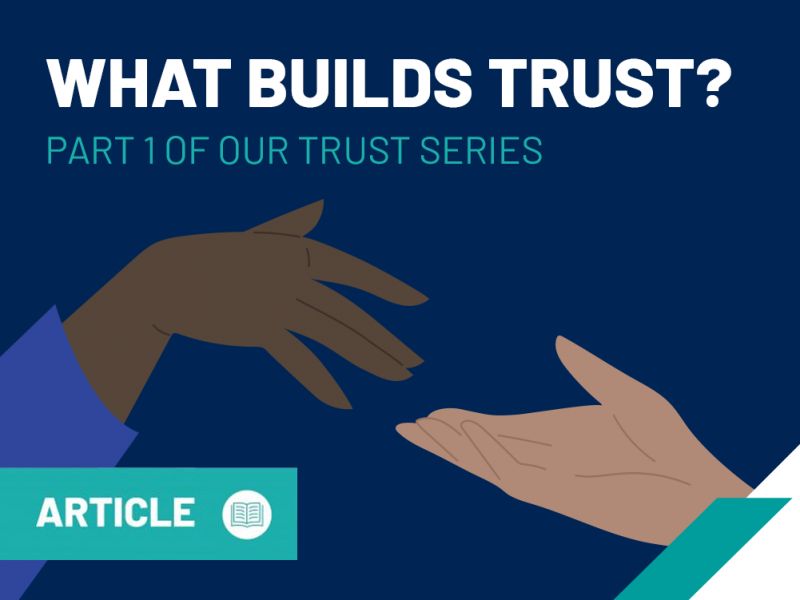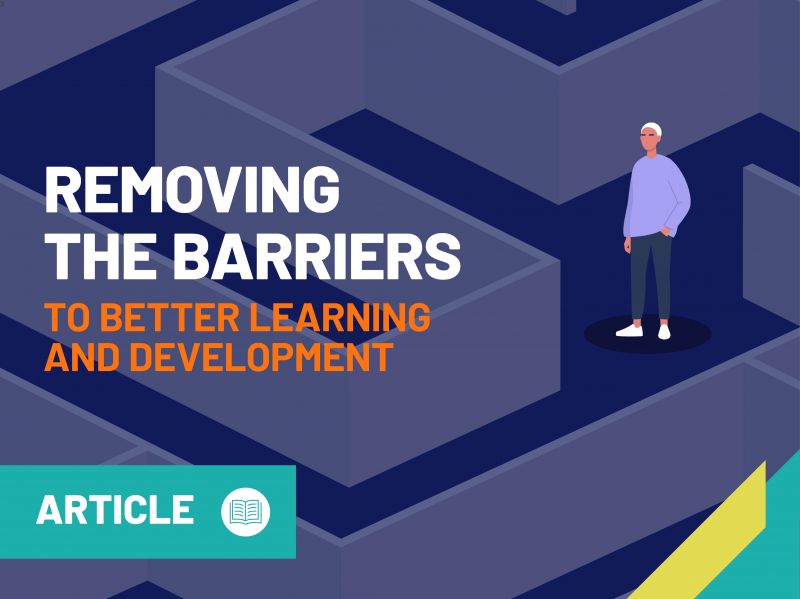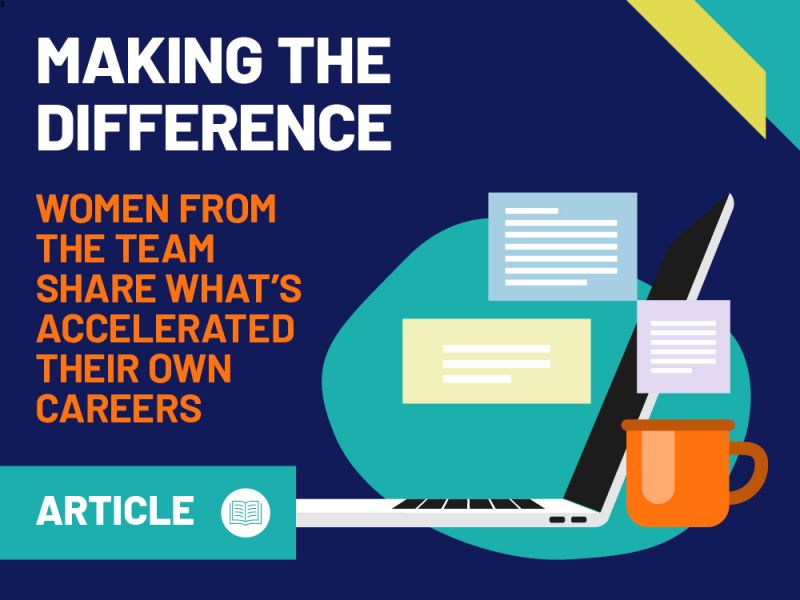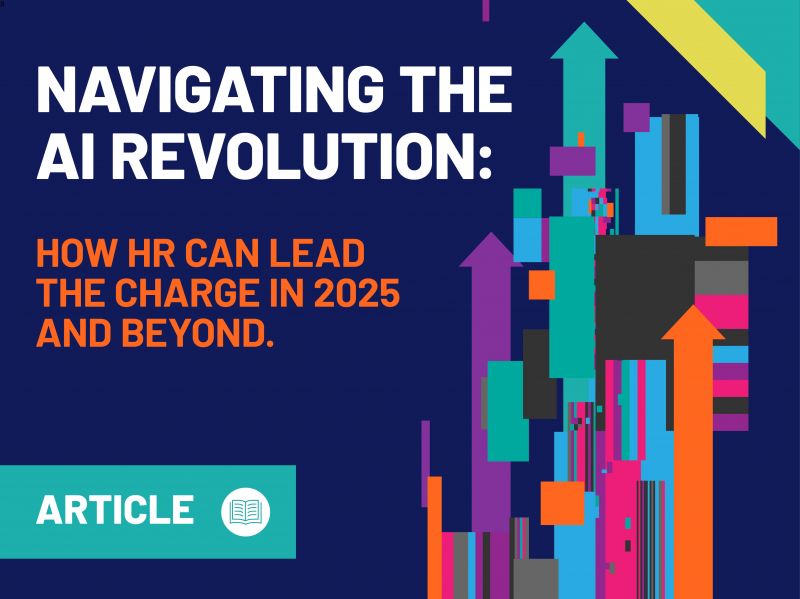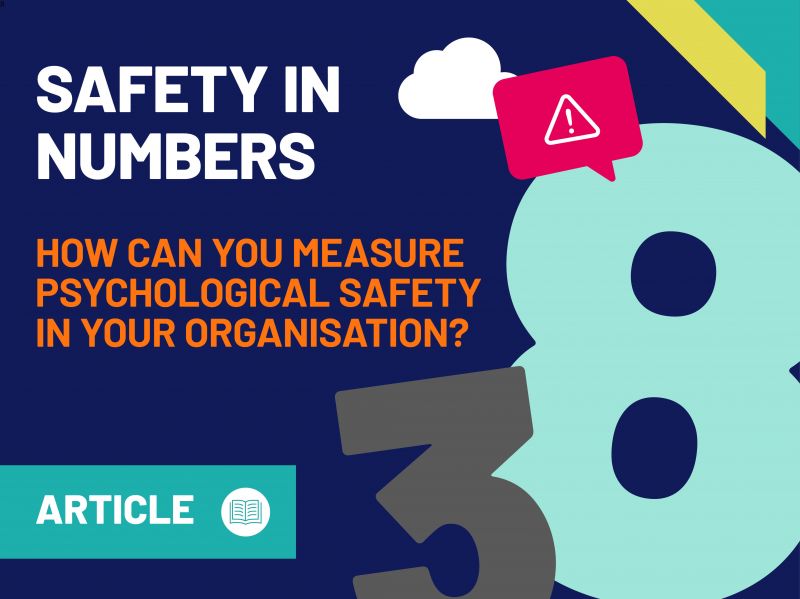“It's almost irresponsible now for leaders not to make resilience a priority for themselves, for the people they lead and for business success.”
Performance coach, Nigel Holland, has spent 28 years in senior international marketing and leadership roles, helping to grow huge organisations like Kraft, Boots, and Tata. He now specialises in coaching people at all levels, from senior executives and leadership teams to aspiring talent.
Understandably, over the past year or so, resilience coaching has seen a surge in the corporate world – with ‘resilience’ no longer being misconceived as a personality trait you either have or you don’t, but a skill you can nurture and develop into a strength, in and outside of work.
But what exactly does resilience coaching involve and how can organisations harness resilience coaching to emerge stronger from the pandemic? We asked Nigel five questions to find out and discovered the key to finding inner resilience.
First, how would you define ‘resilience’ and what influenced your interest in resilience coaching?
“Resilience is fundamentally about stress and the capacity we have to recover from it. The higher the stress (the overpowering pressure or perception of being able to meet demands), the more it chips away your resilience.
I spent thirty years running businesses and experienced significant stress doing that, and so I completely empathise with how powerful stress can be chipping away at resilience. In these years, I realised how important things like self-belief, finding purpose, having authentic values are to insulate yourself from stress and build resilience.
This understanding and my desire to help people reach their full potential, full time, led me to set up my coaching business The Holland Network two years ago, with resilience coaching in particular being the perfect way to break through to individuals and teams; building stronger organisations.”
Are there any concepts around resilience coaching that need to be reframed?
“Resilience coaching can be seen as some sort of corrective measure. It’s not corrective, it's helping people get stronger. Resilience coaching is giving individuals and businesses the opportunity to thrive and grow, providing personal and business vitality.
Helping people to clarify their purpose, define their values, develop adaptability, grow self-belief and let go of ego and control enables people to take ownership of their life and thrive in challenging times.”
How exactly does defining personal values help to build personal resilience?
“The values concept is based on stoicism. What the stoics believed was that the most important thing in life is to be true to your own values. Nobody can judge you, apart from yourself. All that matters is to live your values, be your best self and be free from stressful comparisons with others.
Through coaching, we aim to understand what an individual’s values are and try to operationalise them. For example, you could have five or six values that almost become an agenda for each day, so at the end of every week, you can check in and ask “did I live according to my values this week?”
If you did, it gives you inner strength because then you're not really that bothered about what other people think about you, and what judgments they're passing on you because you're judging yourself.
My own personal values are rigour, reliability, authenticity, and compassion and they insulate me from stress and give me inner strength. You may notice people who also have this inner strength who are strong characters – happy with who they are and grounded in their own distinctive values."
Would you say that the pandemic has increased corporate interest in resilience coaching?
“It's fair to say that resilience has always been important, but what the pandemic has done is magnified stress tenfold for everybody – at home and at work – with things like change, job insecurity, isolation, general finance and health causing huge worry.
More businesses are now realising that if lots of their people are suffering from stress, and resilience is being chipped away, there are significant negative organisational impacts – boosting resilience across organisations will increase things like productivity, creativity, agility, collaboration, and provide important mental health protection.
Businesses I work with know they need to emerge from the pandemic stronger, wiser, and more able. It's not just about recovering, it's one stage further than that, it's about bouncing back better. It’s almost irresponsible now for leaders not to make resilience a priority for themselves, for their people they lead and for business success.”
Can you tell us a bit about The Holland Network’s approach to coaching teams and organisations?
“The Holland Network has developed the ‘Foundations Model’ – a comprehensive model to help assess and build resilience in organisations. It is a well-researched model which has six ‘building blocks’, these are purpose, acceptance, adaptability, thinking, self-belief and focus.
We would start by having a person or group of people complete a personal assessment and a narrative of where they are, so that we start to see which areas within the resilience model are impacting them the most; recognising that different people will have different problem areas to work on.
We can then assess what's really important for each individual and design the coaching to meet their needs. The outcome is that people will identify their own purpose, values and personal stressors, and start to recover quickly from difficulties – becoming happier and more mindful at work and in life.”
Nigel is currently coaching’s many members of Team Karian and Box, who have nothing but huge praise for his passionate, human-led approach. To find out more about resilience coaching specifically and The Holland Network’s performance coaching services, visit thehollandnetwork.co.uk. You can also connect with Nigel on LinkedIn.
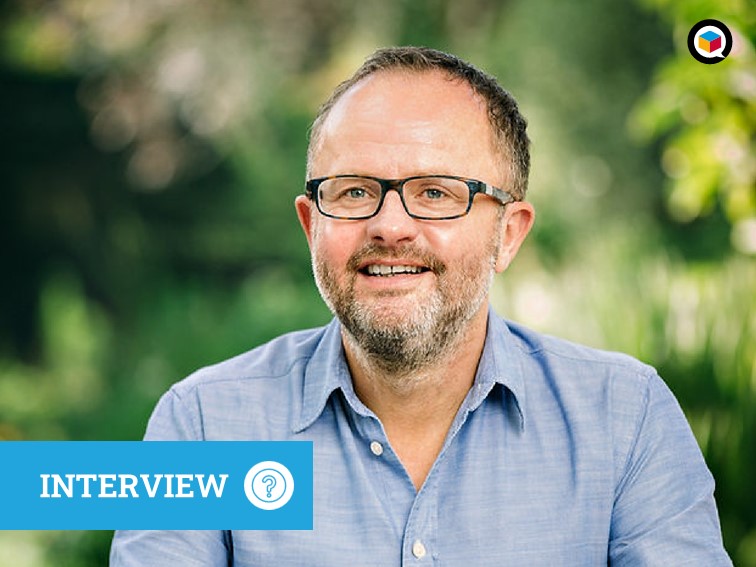
Charlotte Fitzharris
Marketing Manager
Connect with Charlotte on LinkedIn


